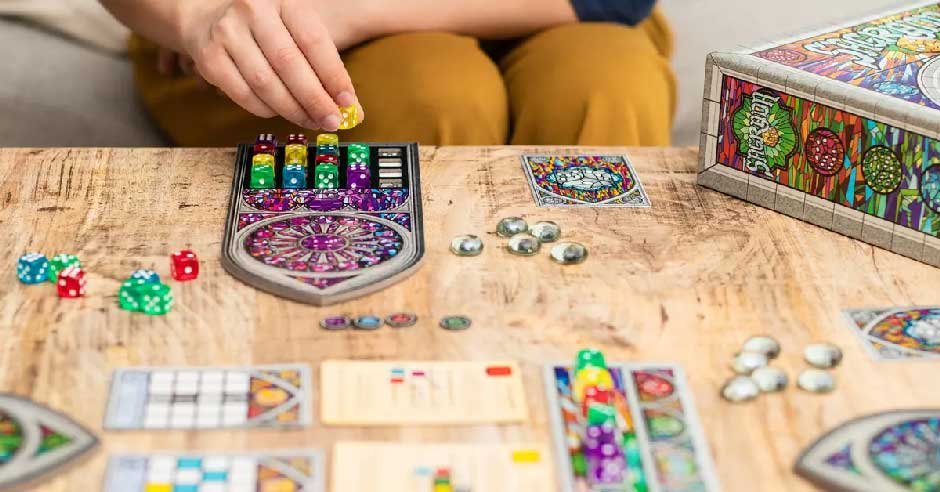Winning and losing are inherent aspects of prediction gaming, shaping players’ experiences, emotions, and behaviors. The psychology behind winning and losing in prediction gaming offers valuable insights into human cognition, motivation, and decision-making processes. In this article, we delve into the intricacies of the psychology of winning and losing, exploring the psychological factors that influence players’ reactions to outcomes in prediction gaming.
The Thrill of Victory:
- Dopamine and Reward Pathways: Winning in prediction gaming triggers the release of dopamine, a neurotransmitter associated with pleasure and reward, in the brain. The anticipation and realization of a win activate reward pathways, leading to feelings of euphoria, satisfaction, and excitement. This neurological response reinforces positive behaviors and motivates players to continue participating in prediction gaming.
- Sense of Achievement: Winning in prediction gaming provides a sense of achievement and validation for players, affirming their skills, strategies, and decision-making abilities. Achieving successful predictions boosts players’ self-esteem and confidence, fostering a positive feedback loop that encourages further engagement and investment in the game.
- Social Validation: Winning in prediction gaming can also serve as a form of social validation, especially in multiplayer or competitive environments. Sharing winning experiences with peers, celebrating victories, and receiving recognition from others enhance players’ sense of belonging and social identity within gaming communities.
The Sting of Defeat:
- Disappointment and Frustration: Losing in prediction gaming elicits negative emotions such as disappointment, frustration, and regret. Failed predictions may lead to feelings of inadequacy or incompetence, particularly if players had high expectations or invested significant time and resources into the game. These negative emotions can undermine players’ confidence and motivation, affecting their subsequent gameplay decisions.
- Loss Aversion and Risk Aversion: The psychological phenomenon of loss aversion predisposes individuals to perceive losses more intensely than equivalent gains. Losing in prediction gaming may trigger loss aversion biases, causing players to become more risk-averse and conservative in their subsequent betting strategies. Fear of additional losses may lead to hesitation, indecision, or withdrawal from the game altogether.
- Learning and Adaptation: Despite the initial sting of defeat, losing experiences in prediction gaming offer valuable learning opportunities for players. Analyzing losses, identifying mistakes, and reflecting on decision-making processes can help players improve their skills, develop resilience, and adapt their strategies to avoid similar pitfalls in the future.
Navigating the Emotional Rollercoaster:
- Emotional Regulation: Effective emotional regulation is essential for navigating the highs and lows of prediction gaming. Players can practice mindfulness, cognitive reframing, and relaxation techniques to manage emotional responses to winning and losing outcomes. Maintaining a balanced perspective, focusing on long-term goals, and embracing the inherent uncertainty of prediction gaming can help mitigate emotional fluctuations.
- Responsible Gaming Practices: Engaging in responsible gaming practices is paramount for promoting positive experiences and mitigating the potential negative impacts of winning and losing in prediction gaming. Setting realistic expectations, establishing limits on betting, and prioritizing enjoyment, skill development, and social interaction over financial outcomes can foster a healthy and sustainable approach to prediction gaming at 91club app.
Conclusion:
The psychology of winning and losing in prediction gaming offers profound insights into human behavior, motivation, and decision-making under uncertainty. By understanding the psychological factors that influence players’ reactions to outcomes, prediction gaming platforms can create more engaging, immersive, and socially responsible gaming experiences. By fostering a supportive and inclusive environment that acknowledges the complexities of winning and losing, prediction gaming can continue to thrive as a source of entertainment, social interaction, and personal growth for players worldwide.





